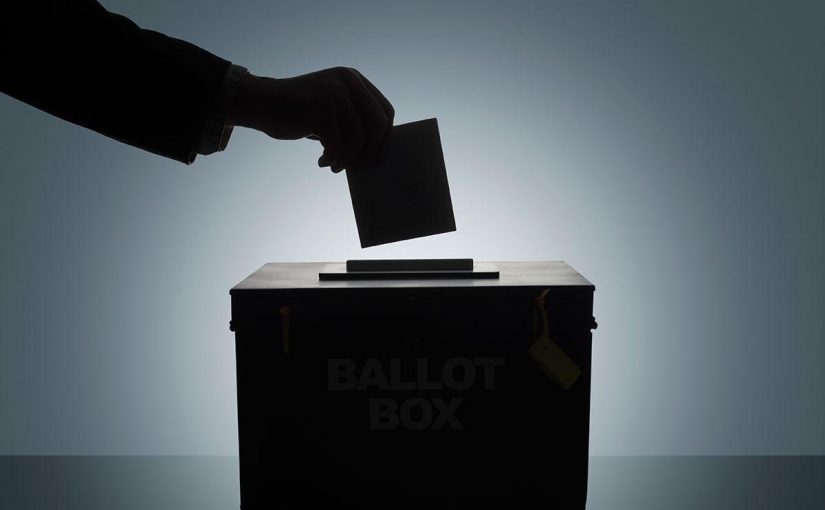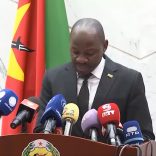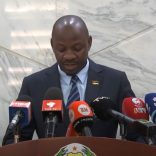Mozambican PM arrives in Beijing for Global Leaders' Meeting on Women
Mozambique: Covid-19 and terrorism put EU electoral recommendations at risk – AIM

in file CoM
The COVID-19 pandemic and the worsening of terrorism in some parts of the northern Mozambican province of Cabo Delgado, contributed negatively to the implementation of recommendations proposed by the European Union Election Follow-up Mission after the 2019 presidential and parliamentary elections,
These concerns are mentioned in the final report from the Follow-up Mission, recently published in Maputo.
ALSO READ: Election Follow-up Mission to Mozambique publishes Final Report
According to the Mission, COVID-19 and terrorism have diverted the attention of the Mozambican authorities to other areas, a factor that has influenced the fact that there has been little or no progress regarding the implementation of 20 recommendations left by the EU observers following the 2019 elections.
“The political reality of the last two years, since the publication of the recommendations in February 2020, has been one of crisis conditions due to COVID-19 and the security issue in Cabo Delgado,” says the report.
Taking into account that the country is on its way to Municipal Elections, scheduled for October 2023, the EU Mission encourages the Mozambican authorities to actively engage in the implementation of the priority recommendations, demonstrating political commitment to ensuring that the next electoral process takes place in a peaceful political environment, and is a democratic exercise.
In spite of the short time left before the local elections, “the European Union believes that since most of the recommendations, considered as priorities, are linked to the protection of human rights and fundamental freedoms, accountability or increased levels of transparency, they can still be implemented before the next elections provided there is political will and commitment from the electoral administration bodies.”
ALSO READ: Mozambique: Bernardino Rafael launches two books
Mozambique: Parliament fills vacancy at National Election Commission
The report also challenges the National Elections Commission (CNE), its executive body, the Electoral Administration Technical Secretariat (STAE), the Office of the Attorney General, and the judiciary to assume their responsibility for the integrity of the electoral process, “by adopting measures to reduce the consequences of electoral malpractice committed during voting and the tabulation of results.”
“The electoral legislation has been a major problem, since electoral laws are always changed on the eve of elections to accommodate political interests”, says the report, recommending that there should be no changes in the legislation within the six months before elections.
ALSO READ; Mozambique: General director of STAE Felisberto Naife resigns – AIM
Mozambique: CNE does not have enough money for local elections – AIM report
Any change to the electoral laws would have to be made by the Mozambican parliament, the Assembly of the Republic, and to date none of the political parties represented in the Assembly have tabled any proposals for change.













Leave a Reply
Be the First to Comment!
You must be logged in to post a comment.
You must be logged in to post a comment.